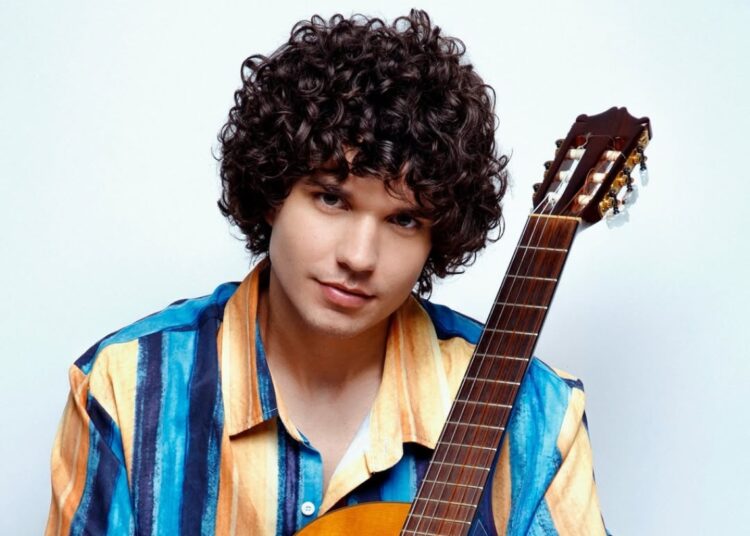Bryan Pujol Sánchez (Matanzas, January 30, 2002) began his professional musical career with the release of his single “El favor” in 2022. The music video already has more than 87,000 views on YouTube.
Long before that, he had been performing songs by artists such as Leoni Torres and Charanga Habanera. At the age of 15, he composed his first verses, and at 17, he wrote “Junto a mí,” a song followed by others.
Over time, he realized that music wasn’t just entertainment in his life, but a passion he wanted to pursue. Among his most recognized songs are “Tan rico,” and others like “Cuéntale,” “Dosis de cintura,” and his latest release, “Ganas de besarte.”
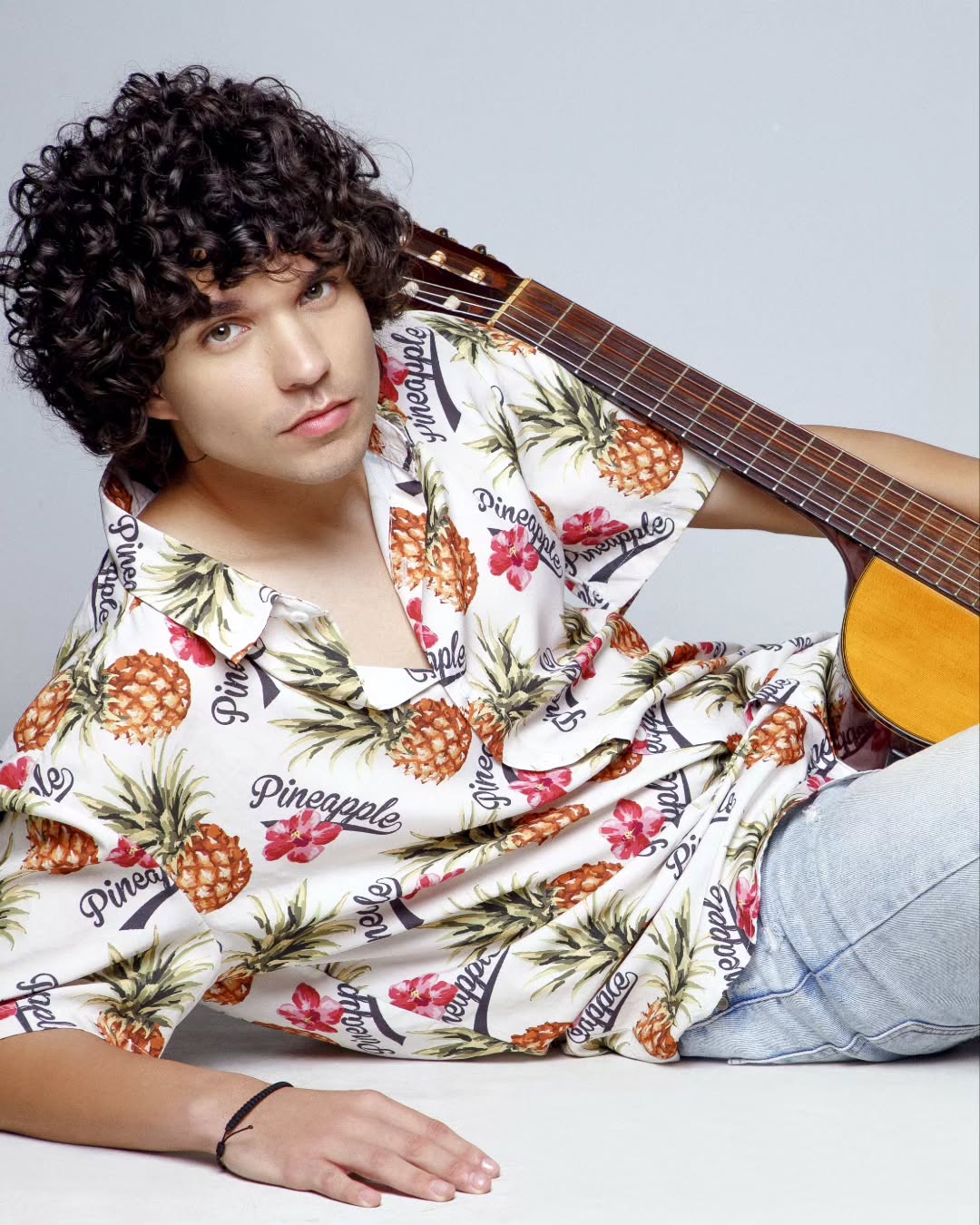
Many young artists seek to stand out in the music industry, but the path isn’t always easy. What has been the biggest challenge you’ve faced so far in your career?
Trying to consolidate a style of music like pop in Cuba. This genre has been declining in the Cuban art scene; it was a risk to launch into it. Thanks to God and the work of my team, we were able to break into the industry and managed to win over the public to accept our work, which makes me proud.
You fuse international and contemporary rhythms with others belonging to Cuban tradition. How do you balance the modernity of pop with the richness of the island’s music?
Pop is a genre that lends itself to fusion; other sounds work well with it, whether Cuban or Latin. Searching for the essence of Cubanness helped me a lot. Each person has their own concept of what this represents; for me, it’s the blending of cultures, because we are a collection of traditions: we have from Spain, African countries, and others. I’m interested in reflecting that in my songs through fusion, even with other genres like flamenco.
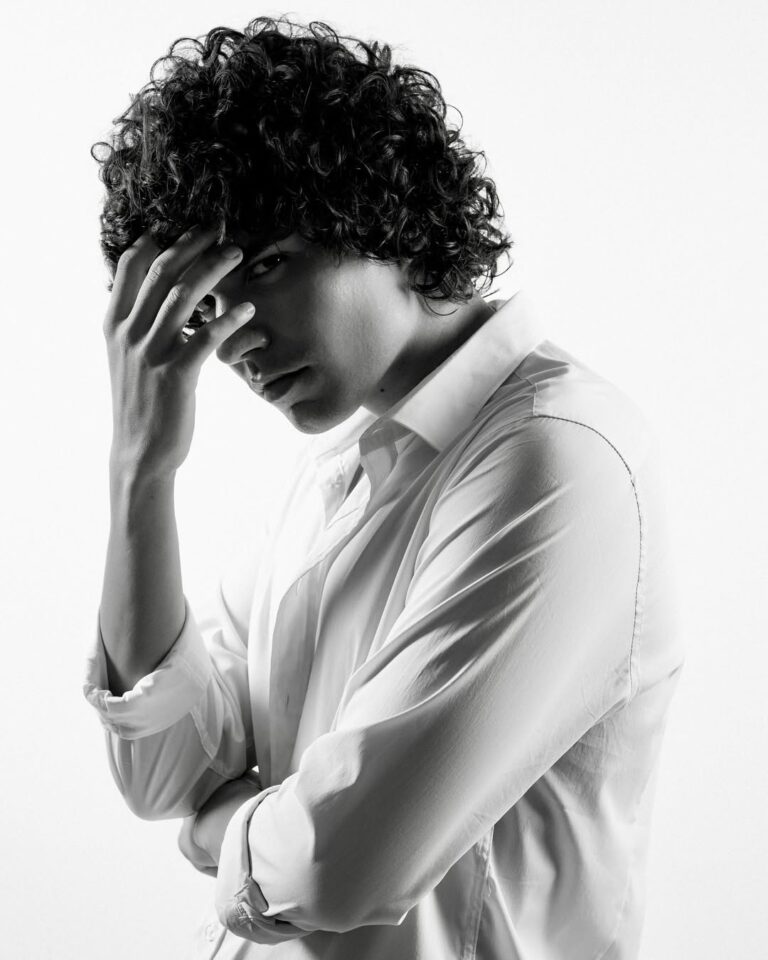
What do you think about artists who prefer to pursue more commercial musical paths rather than what they enjoy doing?
It’s a valid path. Every artist has the right to choose how to achieve their goals and dreams; I’m not one to criticize. Personally, I use both strategies: I release commercial music, but also very personal, very much my own, and I think the public appreciates it.
In times of the reparto boom, have you thought about venturing into urban music?
In each of my songs, I try to explore various genres with the goal of keeping my community and my fans as active as possible, so they can enjoy Bryan Sánchez in his different facets.
I try to show that you can make beautiful, danceable music without being vulgar. I use double entendres, Cuban vulgarity — which is something that identifies us as a country — but without vulgarity.
I’m not against reparto; everyone has the right to choose, listen to, and interpret what they want. In the end, we are all artists.
Sometimes I experiment with sounds used in reparto, like the Cuban clave, because for me it reflects our traditions and culture. For example, in the song “Dosis de cintura,” I mixed flamenco and fused it with our rumba.
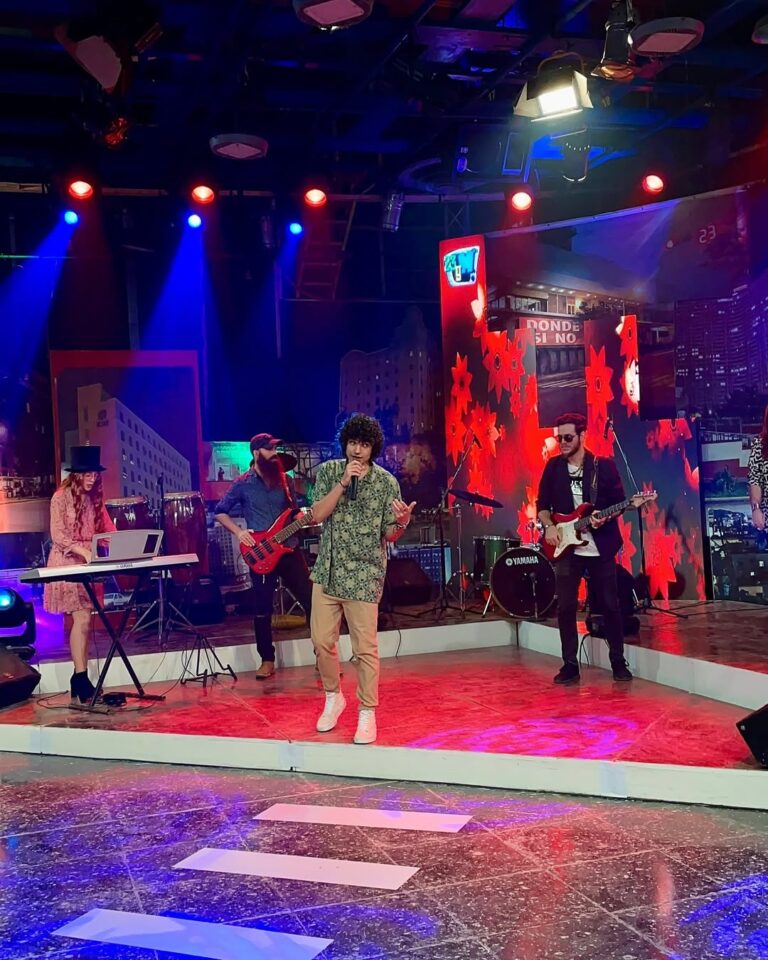
Social media plays a key role in disseminating music. You have more than 63,000 followers on your Instagram account. How do you manage your digital presence, and how do you think it has influenced your growth as an artist?
Social media is everything to me. Thanks to them, I’ve evolved as an artist, and many people have gotten to know me, including top-level singers, like Olga Tañón, who danced to my song “Tan rico” on her social media.
They’re platforms that help promote music and make yourself known on a large scale. Through social media, I’ve been able to define my style and essence, share my work with my fans, and discover the music they like most and least.
You have to prepare and study a little marketing, which is something I’ve been doing lately, since social media changes over time.
They’ve helped me evolve as an artist and improve.
Do you think your “shirt man” image will change to a different style in the future?
That will continue until the end of my days; it’s a style that has helped me define my essence. Many people identify with my colorful shirts, and that has helped me attract a new audience. People on the street recognize me, and that has helped me quickly find my personal brand.
Starting with the music video for “Tan rico,” thanks to Freddy Loons, I achieved that beachy, tropical essence that instantly caught the attention of my fans; it defined my identity.
You’re studying Physical Culture at the University of Matanzas. Why pursue a university degree when you have a space in music?
I study at the university primarily because of my mother. Before starting in this field, I told her I wanted to dedicate myself 100% to music, and she recommended that I not let this wonderful stage pass me by. It’s a necessary phase and gives you a degree to achieve something more in life outside of music. You never know what the future holds. I decided to listen to her.
I chose this degree with the goal of giving me time for music, and contrary to what I assumed, it’s quite complex, and I’m really enjoying it.
I’m in my final year. I hope to graduate and continue my artistic career.
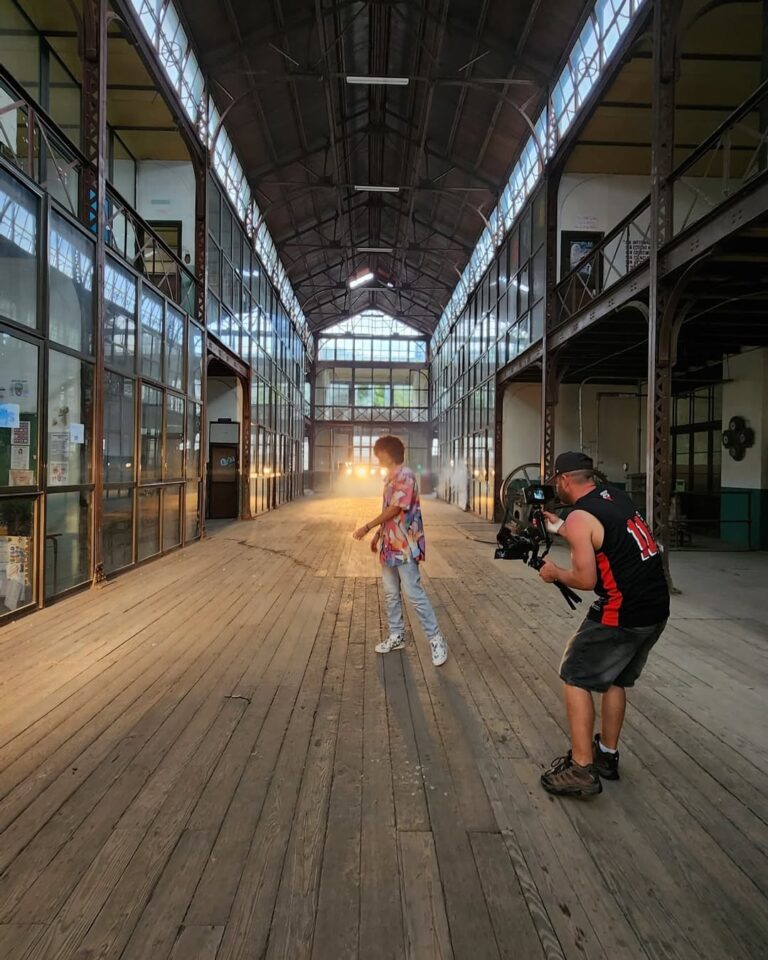
How complex has it been to juggle your musical career and university life?
Leading a double life is always difficult. I tried to maintain the maturity necessary to achieve both: one because they were my dream and goals, and the other because it was necessary to experience the university environment, study, and have my degree — a resolution beyond music, a secondary goal, a path.
I don’t regret it. It’s helped me be more responsible, more mature, and enjoy the university experience, which I recommend.
How do you handle criticism when it’s not constructive?
I try to view criticism as something positive, because you’re reaching out to someone who may not know you, who’s simply interested in you.
I always try to respond in the best way possible. It’s incredible what happens when someone writes you negatively and you respond politely: their way of thinking changes.
As artists dedicated to social media, we expose ourselves to a public and, obviously, we have to, in some way, endure and accept negative comments with the greatest responsibility and maturity possible, since our profile is public.
Everyone has the right to their opinion, and we must respond as politely and intelligently as possible to avoid generating controversy or falling prey to those who only want to catch your attention.
If you could collaborate with any Cuban or international artist, who would it be?
I have countless dreams and goals in the short, medium, and long term. I would like to collaborate with great artists, among them the Colombian band Morat. I’ve identified strongly with their style; they’re one of my musical references.
There are others like Sebastián Yatra, Manuel Turizo, Camilo; we have similar styles, and among the national artists are Leoni Torres, Cimafunk, Diana Fuentes — artists of the more urban genre whose label I like.
Everything is a process. I know it’s going to happen at some point in my musical career.
Your generation is experiencing a transformative moment in music and culture. What message do you want to convey through your songs to the young people who follow you?
That you can make beautiful, danceable, enjoyable music without resorting to vulgarity or obscene language. I’ve been very surprised by how my public, mostly very young, like teenagers or college students, is not only made up of them, but also children and the elderly.
I’m happy to be able to make music for all ages and use playful, sensual words in my art. We are Cubans, and we want to feel that flavor. To young people starting out, I would say to continue making the style of music they like, the one that most catches their attention, to be consistent because, as long as they are disciplined and follow the right path, the time will come when they will shine with such light that no one will be able to stop looking at them.

